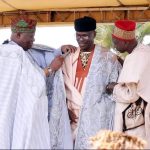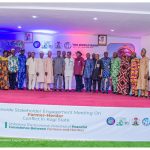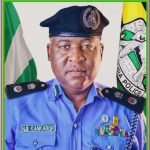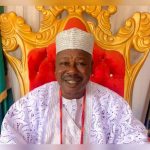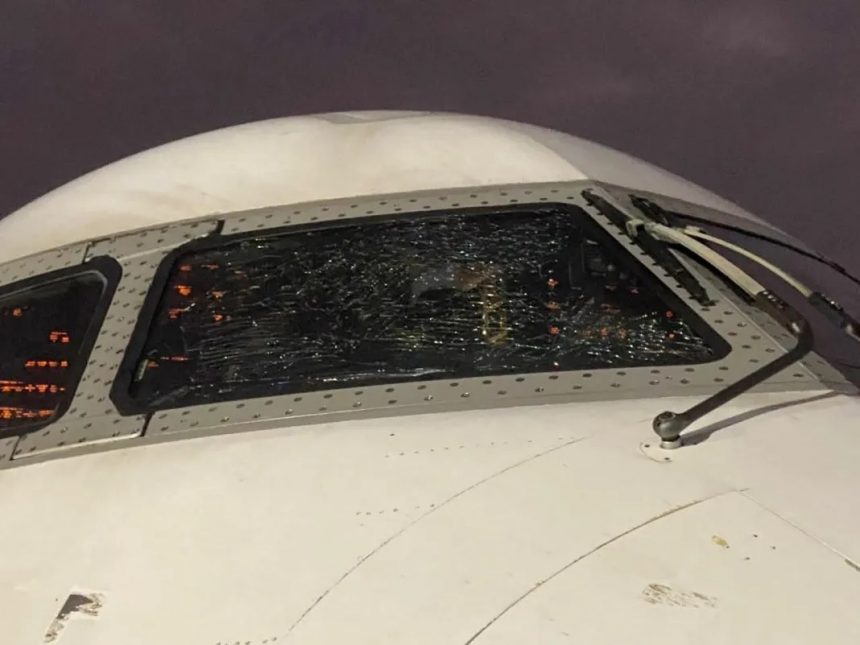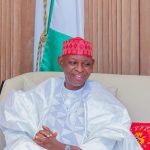Cracked aircraft windscreen delays Super Eagles’ arrival in Uyo.
By Bala Salihu Dawakin Kudu Democracy Newsline Newspaper 12th October 2025
As the sun dipped behind the low hills of Luanda, casting a golden hue across the tarmac, a quiet tension hung in the air like the fading contrail of a jetliner. Inside the ValueJet aircraft—its engines still ticking with the heat of flight—the Super Eagles of Nigeria sat scattered, their minds as clouded as the cracked windscreen that had grounded them unexpectedly.
They had been en route to Uyo, preparing for a crucial World Cup qualifier against the Benin Republic. Polokwane had been a battleground just days before—a gritty 1-1 draw with South Africa in Bloemfontein. Legs were tired, but hearts were steeled. The squad had been looking forward to touching down in Uyo, regrouping, and facing the next challenge. But the sky had other plans.
Midway through their flight after a routine refuelling stop in Luanda, a sharp noise had sliced through the cabin—a crisp, sudden crack, not unlike the snap of a whip. The captain’s voice, calm but urgent, came over the intercom:
“Ladies and gentlemen, this is your captain speaking. We have a situation with the windscreen. We’ll be returning to Luanda as a precaution. Remain calm.”
In the cockpit, spider-web fractures spread across the outer pane of the windscreen, refracting the orange evening light like the facets of a broken diamond. The pilot—an ex-Air Force flyer named Captain Boma—knew better than to test fate. He turned the plane around.
As wheels kissed tarmac in Luanda once again, a new kind of game began—one of logistics, diplomacy, and urgency.
“The aircraft transporting the Super Eagles to Uyo has developed a cracked windscreen mid-air after take-off from Luanda. The pilot returned safely. Efforts are ongoing to secure another aircraft.”
Phones rang across ministries. The Minister of Aviation dialled Luanda’s civil aviation authorities. The Minister of Foreign Affairs reached out to the Angolan embassy. Even the Chief of Staff to the President was looped in. It wasn’t just about football anymore—it was about national pride.
Inside the grounded jet, team captain William Troost-Ekong stood at the aisle, his voice low but firm.
“We’re not letting this stop us. We’ve faced worse on the pitch. We’ll get there.”
Victor Osimhen, whose boots had done damage in Polokwane, nodded silently. Others murmured in agreement. The flight delay was frustrating, but it would not derail their mission.
By midnight, a replacement aircraft was being prepared in Abuja—an older model, but flight-ready. Paperwork for flight clearance to Angola was expedited under diplomatic pressure. The NFF liaised with Akwa Ibom authorities to keep training facilities on standby.
—
At dawn, as Luanda’s city lights faded under the rising sun, the team boarded the new aircraft. The cracked windscreen remained behind, a silent reminder of what might have been. But the mission moved forward.
They would touch down in Uyo just in time—legs weary, resolve unbroken, eyes fixed on the green field ahead.
Because in football, as in flight, it’s not the turbulence that defines you. It’s how you land.

